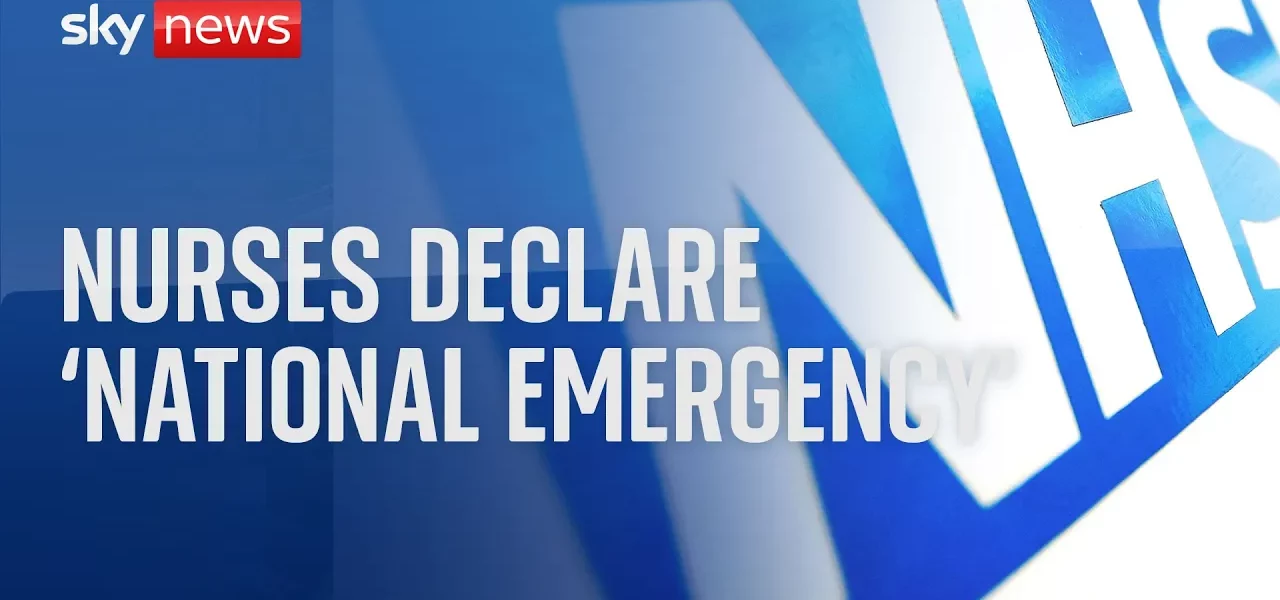A Call to Action: The Future of Nursing at RCN Congress

This article explores the impactful speech delivered at the Royal College of Nursing Congress, highlighting the urgent need for advocacy in nursing, the recognition of nursing professionals, and the future of healthcare in the UK.
Introduction
The Royal College of Nursing (RCN) Congress serves as a pivotal platform for discussing the challenges and triumphs within the nursing profession. This year, the speeches resonated with the urgency of advocating for nursing standards, workforce recognition, and the future of patient care. The speech delivered at this Congress emphasized the profound impact that nurses have on healthcare and the need for systemic changes to ensure their voices are heard and respected.
The Importance of Nursing Advocacy
Advocacy in nursing is crucial for the profession’s recognition and the welfare of both nurses and patients. The speaker highlighted this by acknowledging the historical significance of nursing leaders who have paved the way for improvements in patient care and working conditions.
Historical Context
Nursing has evolved significantly over the years, with pioneers like Betsy Cadwaladr, who fought against bureaucracy to enhance patient care. The speaker drew parallels between past struggles and current challenges, emphasizing the need for nurses to advocate for themselves and their patients.
Current Challenges
Today, nurses face numerous challenges, including:
- Staff shortages and overwhelming patient loads.
- Inadequate recognition of nursing as a professional degree.
- Insufficient funding for mental health support and resources.
The Call for Systemic Change
The speaker passionately addressed the necessity of systemic change within the healthcare system, particularly in relation to the nursing workforce and patient safety.
Key Demands for Nursing Professionals
The speech outlined several critical demands that need to be addressed:
- A substantial pay rise for all nursing staff.
- Implementation of safety-critical nurse-to-patient ratios.
- Legal protections for nursing staff to voice concerns without fear of repercussions.
- Funding for nursing degrees and guaranteed jobs for graduates.
- Revocation of laws restricting the right to strike.
Importance of Patient-Centered Care
One of the primary focuses was on ensuring that patient care is provided in safe and dignified settings. The speaker condemned the normalization of “corridor care,” where patients are treated in inappropriate environments, which compromises their dignity and safety.
Nursing as a Profession
The speech underscored the need to redefine nursing as a respected profession rather than a vocation. This distinction is essential for achieving fair treatment and recognition within the healthcare system.
Educational Standards and Recognition
With the transition to graduate-level nursing education, it is imperative that nurses are recognized for their qualifications and skills. The speaker highlighted:
- The importance of degree education in nursing.
- Efforts to ensure that nursing roles are appropriately compensated and valued.
International Nursing Workforce
The speaker also acknowledged the contributions of international nurses who bring diverse experiences and skills to the UK healthcare system. Recognizing their efforts and ensuring fair treatment is vital for a robust nursing workforce.
Conclusion
In conclusion, the speech delivered at the RCN Congress serves as a rallying call for nurses to unite and advocate for their profession. The future of nursing depends on collective action to ensure that nurses are recognized, respected, and supported in their roles. As the speaker emphasized, “together we can make this happen.”
For those who wish to take part in this vital movement, it is essential to stay informed and engaged with the RCN’s initiatives and to challenge political leaders on their commitments to nursing. By working together, nurses can create a brighter future for the profession and improve patient care across the UK.
“`




